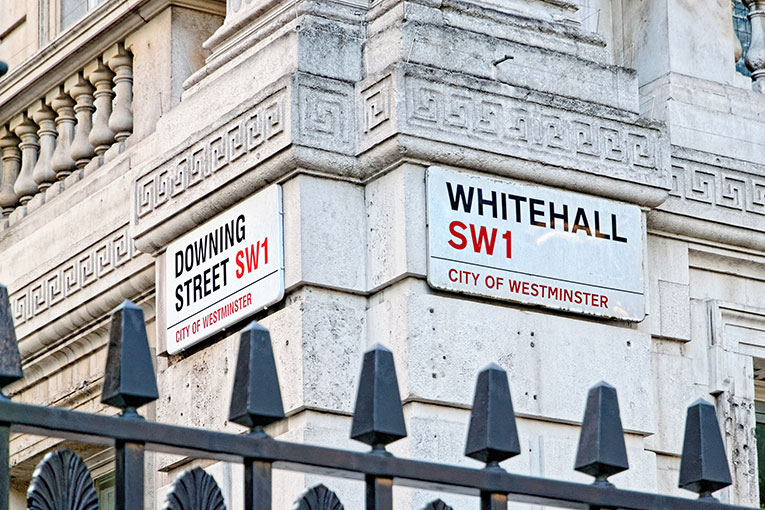Almost two-thirds of landlords believe the government will fail to abolish leasehold tenure before the next general election, according to new research from Landbay.
The buy-to-let lender found that 64% of landlords doubt ministers can deliver the promised reforms by the end of this parliament, despite assurances made in March that the sale of new leasehold homes would be banned as part of a move to end what was described as a “feudal system”.
Only 36% of those surveyed thought the government’s target was achievable.
Under the current system, leaseholders buy the right to occupy their property for a fixed period, while freeholders retain ownership of the land and building. The government wants to replace this model with commonhold, in which homeowners collectively own and manage their buildings.
A white paper published earlier this year set out plans to ban the sale of new leasehold flats and “reinvigorate” commonhold with a new legal framework.
SCEPTICISM
Rob Stanton, sales and distribution director at Landbay, said: “The government’s ambition to abolish leasehold and transition to commonhold is a bold step towards modernising property ownership in the UK.

“But our research suggests there is a lot of scepticism out there among landlords, with nearly two-thirds doubting it can be achieved by the end of this parliament. While the intent to reform a system often seen as outdated is welcome, delivering such sweeping changes requires robust implementation.
“With the political demise of Angela Rayner, the abolishing of leasehold tenure is beginning to look less certain.”
Landbay surveyed landlords owning around 3,000 properties across England and Wales. Those in the north of England were the most optimistic, with 55% saying they thought the target was unachievable. In Wales, 75% said they did not believe the reforms would happen.
Individual landlords were slightly more confident than those operating through limited companies. 58% of individual landlords said they thought the government would miss its goal, compared with 65% of those using corporate structures.
Asked what they disliked most about leasehold tenure, 53% cited high service charges. Fourteen per cent pointed to poor infrastructure and neglect, while the same proportion highlighted difficulties remortgaging. 7% said ground rents were their biggest concern, and only 11% said they had no complaints about leasehold.
Stanton added: “Our research highlights the deep concerns over the leasehold system, with expensive service charges being landlords’ primary grievance, alongside issues like neglect and remortgaging challenges.
“The government’s push for commonhold is a step in the right direction. But the lack of confidence among landlords, particularly in Wales and among those making use of Ltd company structures, highlights the need for a clear, practical roadmap.
“Without robust policy execution, the transition risks stalling, leaving landlords and leaseholders in limbo.”





